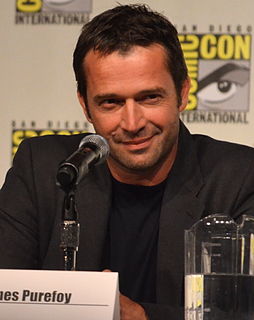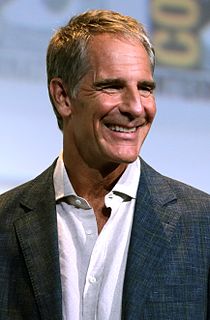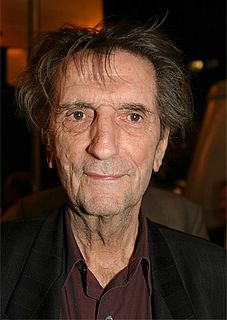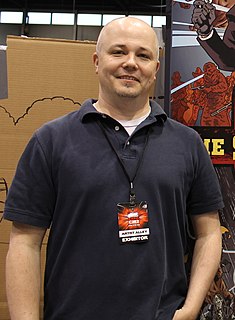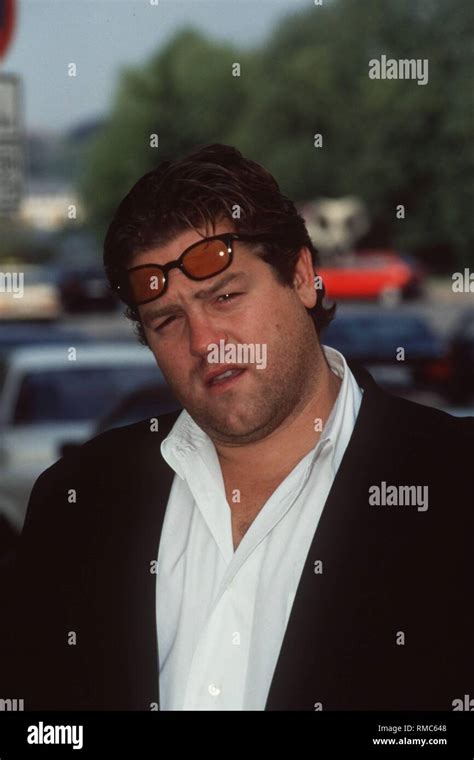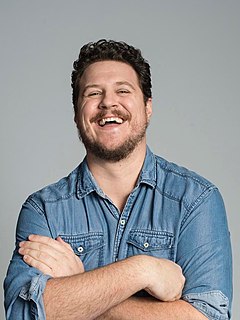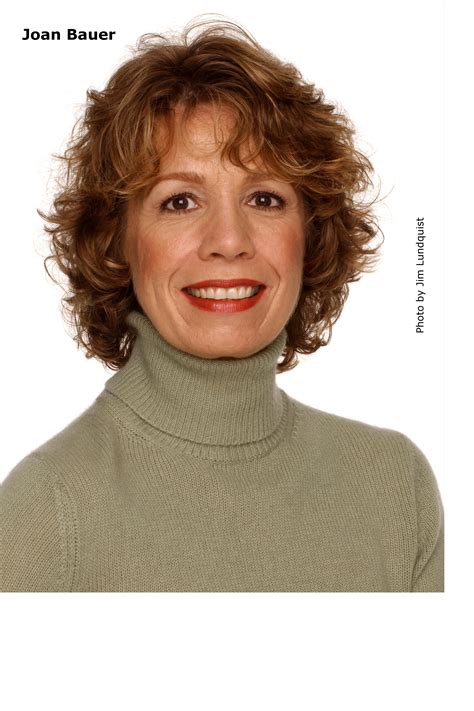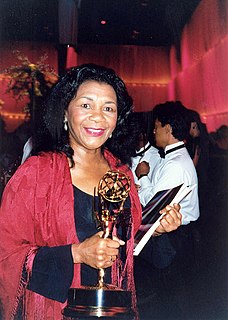A Quote by Richard K. Morgan
The myth of Good Guys and Bad Guys is one of the most pervasive we own, and morally grey anti-heroes are simply one of modern fiction's attempts to shake off that mythology and replace it with something a bit more honest.
Related Quotes
The literary story is a story that deals with the complicated human heart with an honest tolerance for the ambiguity in which we live. No good guys, no bad guys, just guys: that is, people bearing up in the crucible of their days and certainly not always - if ever - capable of articulating their condition.
Many intellectuals in America and in Europe, they are in the habit of taking sides: who are the bad guys? who are the good guys? They launch a demonstration against the bad guys, sign a petition in favor of the good guys, and going to sleep feeling well about themselves. This is not the case here. The Israeli-Palestinian conflict is a tragedy; it is a clash between right and right.
It's not always that easy to distinguish the good guys from the bad guys. Sinners can surprise you. And the same is true for saints.Why do we try to define people as simply good or simply evil? Because no one wants to admit that compassion and cruelty can live side by side in one heart. And that anyone is capable of anything.

